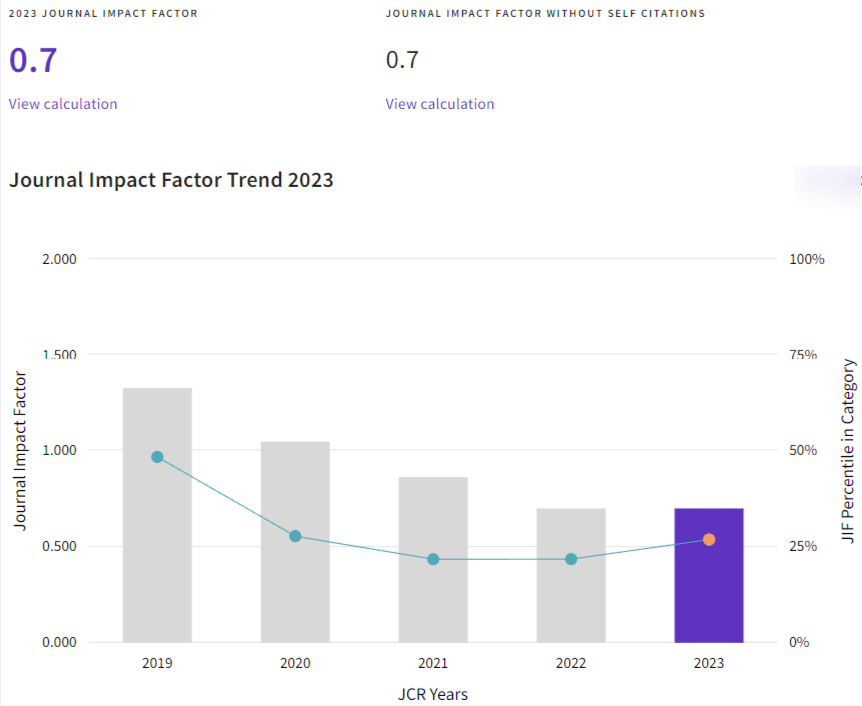Molecular characterization of Staphylococcus spp. isolates associated with bovine mastitis in Tarimbaro, Michoacan, Mexico
Keywords:
Antibiotic resistanceAbstract
Mastitis is a disease of dairy cattle worldwide that causes decreased milk quality/yield, resulting in major economic losses. Mastitis is caused by a wide variety of organisms, including Staphylococcus aureus as a major pathogen. The purpose of this research was to characterize 20 Staphylococcus spp. isolates from the mammary gland of mastitic, lactating, backyard cattle, using both the Random Amplified Polymorphic DNA (RAPD) analysis, and sensitivity tests to 13 antibiotics and 1 detergent. Sensitivity tests to 13 antibiotics showed that all isolates were resistant to penicillin but sensitive to cephalothin, erythromycin, and trimethoprim. All isolates were susceptible to a <6 µg/ml cethyl-trimethyl ammonium bromide (CTAB) concentration. Molecular characterization aided to determine that isolates SA7 & SA8, SA30 & SA32, showed >90% similarity in the RAPD band pattern, while isolates SA35 & SA36 were identical to each other. Nevertheless, all other isolates showed different amplification profiles. Isolates SA7 & SA8, SA30 & SA32, SA35 & SA36 had similar antibiotic resistance/RAPD patterns, suggesting re-isolation. Staphylococcus isolates collected in Tarímbaro, Michoacán showed several different amplification patterns.Downloads
Downloads
Published
How to Cite
-
Abstract788
-
PDF (Español)575
Issue
Section
License

This work is licensed under a Creative Commons Attribution-NonCommercial-ShareAlike 4.0 International License.





